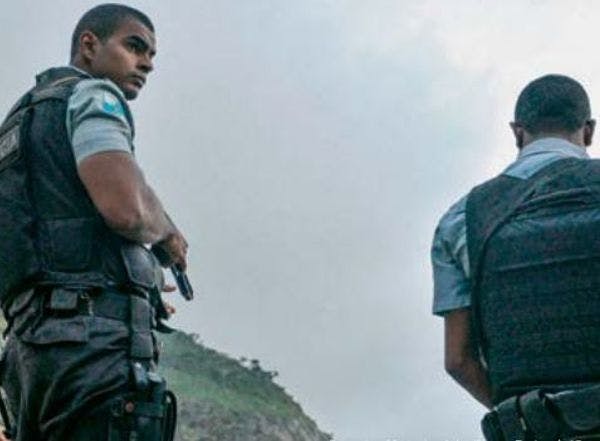Fuera de control: las bandas delictivas contraatacan en las favelas de Río de Janeiro
Después de seis años de “programas de pacificación” en Río de Janeiro, los grupos de la delincuencia organizada han protagonizado un contraataque. Más información, en inglés, está disponible abajo.
Suscríbase a las Alertas mensuales del IDPC para recibir información sobre cuestiones relacionadas con políticas sobre drogas.
Rio de Janeiro is at the centre of a series of large-scale sporting events intended to show off Brazil’s capabilities and economic power. The city hosted matches for the 2014 FIFA World Cup and will be the first South American host of the Olympic Games in 2016. However, since March 2014, the city’s inhabitants have also witnessed a return of urban warfare.
After six years of a pacification programme that includes the permanent presence of security forces, state institutions, and services in previously violent favelas (slums), organised criminal groups have staged a counterattack. Whereas between 2008 and 2013, criminal groups that had controlled the favelas for decades preferred to withdraw and avoid confrontation with the pacification forces, in 2014 they have staged bold attacks and adopted new tactics. These attacks caused eight deaths within the police force in the year to November, the highest number of casualties in ‘pacified’ favelas since the programme was first implemented in 2008, and more than double the three deaths recorded in 2013.
The wave of violence registered in some of the city’s largest favelas represents the first co-ordinated effort by criminal groups to undertake a sustained campaign against the Police Pacification Units (Unidades de Polícia Pacificadora: UPPs). The units were set up as a way to control strategic points in the city where criminal groups posed a threat to major highways and transit areas between hotels and sporting sites. Attacks in October added a symbolic challenge to state power, with criminal actions increasing days before the first round of presidential and local elections on 5 October. One criminal group, the Friends of Friends (Amigos dos Amigos: ADA), launched direct attacks on police and military units.
First implemented in 2008 in Rio’s small favelas, the pacification programme was conceived by State Security Secretary José Mariano Beltrame, and described in his autobiography, as “a logic to implode the power of drug trafficking by shaking its territorial structure".
Keep up-to-date with drug policy developments by subscribing to the IDPC Monthly Alert.
Temas
Regiones
Perfiles relacionados
- International Institute for Strategic Studies (IISS)
